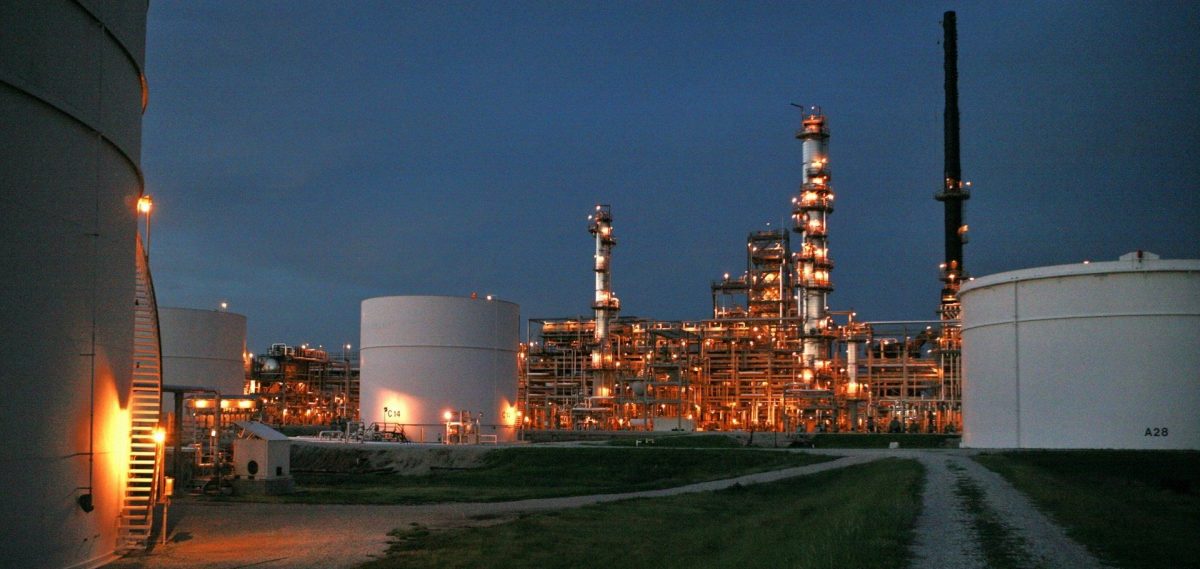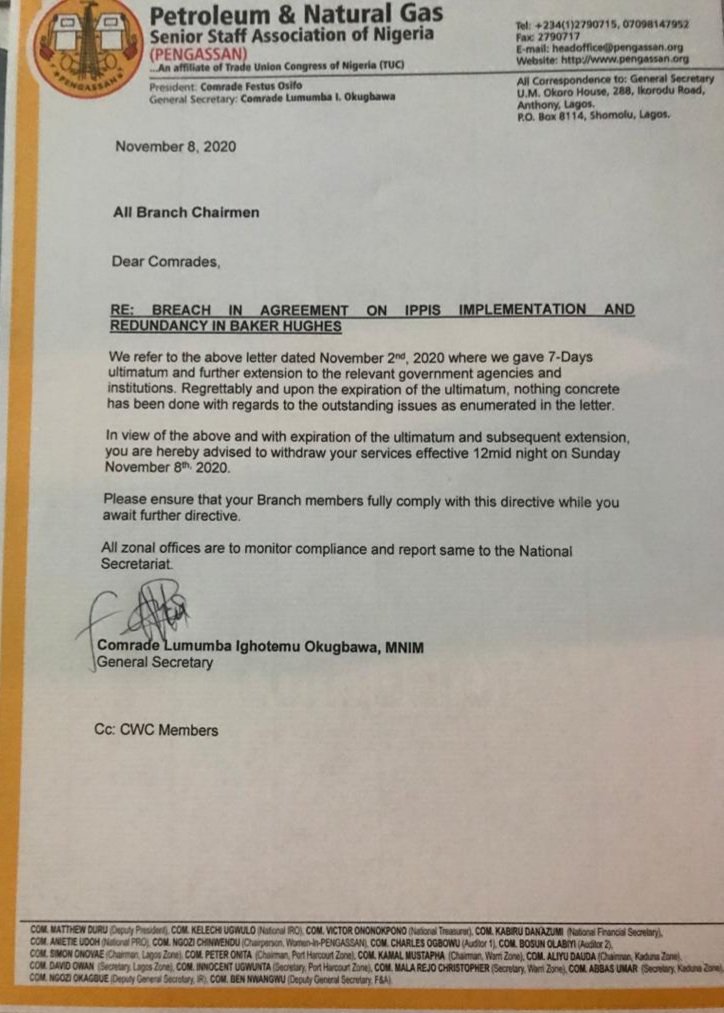Marketers of petroleum products under the aegis of Major Oil Marketers Association of Nigeria (MOMAN) have called for a joint action of stakeholders in the Nigeria economy to find ways to mitigate adverse effects of the imminent increase in the price of petrol price.
The marketers’ cartel also canvassed for the replication of the current measure to cut cost of operation in the nation’s oil and gas industry to the entire spectrum of the economy especially governance.
The Chairman of MOMAN and Managing Director of 11Plc, Mr. Tunji Oyebanji, advanced the positions of the association in a statement he presented at a virtual press briefing hosted in Lagos, with the title, “After Deregulation, What Next”.
He said the removal of petrol subsidy and price control would no doubt lead to challenges for Nigerians, adding that debate among stakeholders should now move from the deregulation of downstream sector to fashioning out solutions to the hardship that would be faced by Nigerians.
He said with a fully deregulated downstream industry, the natural fear and anticipation of Nigerians was the increase in the price of transportation, food items and the attendant economic hardships.
According to Oyebanji, solutions to these challenges can only emanate from a collective resolve by all stakeholders to face up to these challenges together.
“We must as a nation debate and share pragmatic and realistic initiatives to mitigate the impact of a pump price increase which could follow a fully deregulated downstream,” he added.
He explained: “MOMAN is calling for a national discourse among all stakeholders including government, labour, civil society organisations, the organised private sector and operators, not on the merits or demerits of petrol subsidy removal, but on the initiatives that can be taken to ease the impact of the subsidy removal on the most vulnerable in our society.
“MOMAN remains committed to the sustainability and institutionalisation of a viable downstream petroleum industry for the social and economic growth of our Country, Nigeria”.
Oyebanji said the association stands with Nigeria and Nigerians through this difficult time and supports the federal government’s promise to pass the Petroleum Industry Bill (PIB) this year and fully deregulate the petroleum downstream sector.
He pointed out that the benefit of a liberalised downstream was the most visible means of growing the economy in the medium to long term.
He said Nigeria could become the refining hub of West and Central Africa and eventually the whole of Africa if it sticks to the path of investing in new refineries, adopting a cost optimisation initiative, building an environment that promotes competition and creates a sustainable petroleum sector.
“These actions would lead to increased employment, reduced poverty and reduced social inequity. We must take advantage of the opportunities brought by the African Continental Free Trade Area agreement (AfCFTA) and fully benefit from our barrels of crude, getting the maximum value it can bring Nigeria,” he noted.
Oyebanji, however, harped on the need for participants in the fuel supply chain, both operators and regulators demonstrate cost optimisation in every practical and public way possible.
He canvassed for the replication of the current measure to cut cost of operation in the nation’s oil and gas industry to the entire spectrum of the economy especially governance.
He added: “In line with the recently launched Nigerian Upstream Cost Optimisation Programme (NUCOP), efforts must be made to reduce costs of production, administration and governance throughout the petroleum value chain in the Nigerian petroleum sector, (particularly) the downstream, in order to promote efficiency and competitiveness within the industry and ensure value creation for all consumers.
“However, beyond this initiative being limited to the petroleum industry, we believe it is a notion that should be applied to the Nigerian landscape, particularly in the area of governance.
“As promised by the government, a visible and measured reduction in the cost of governance throughout the polity would bring about savings which can be directed toward improving the livelihood of the average Nigerian.
“This cost optimisation initiative would demonstrate to Nigerians the good faith of the decision makers in both the public and private sectors.”
Source: ThisDayLive



